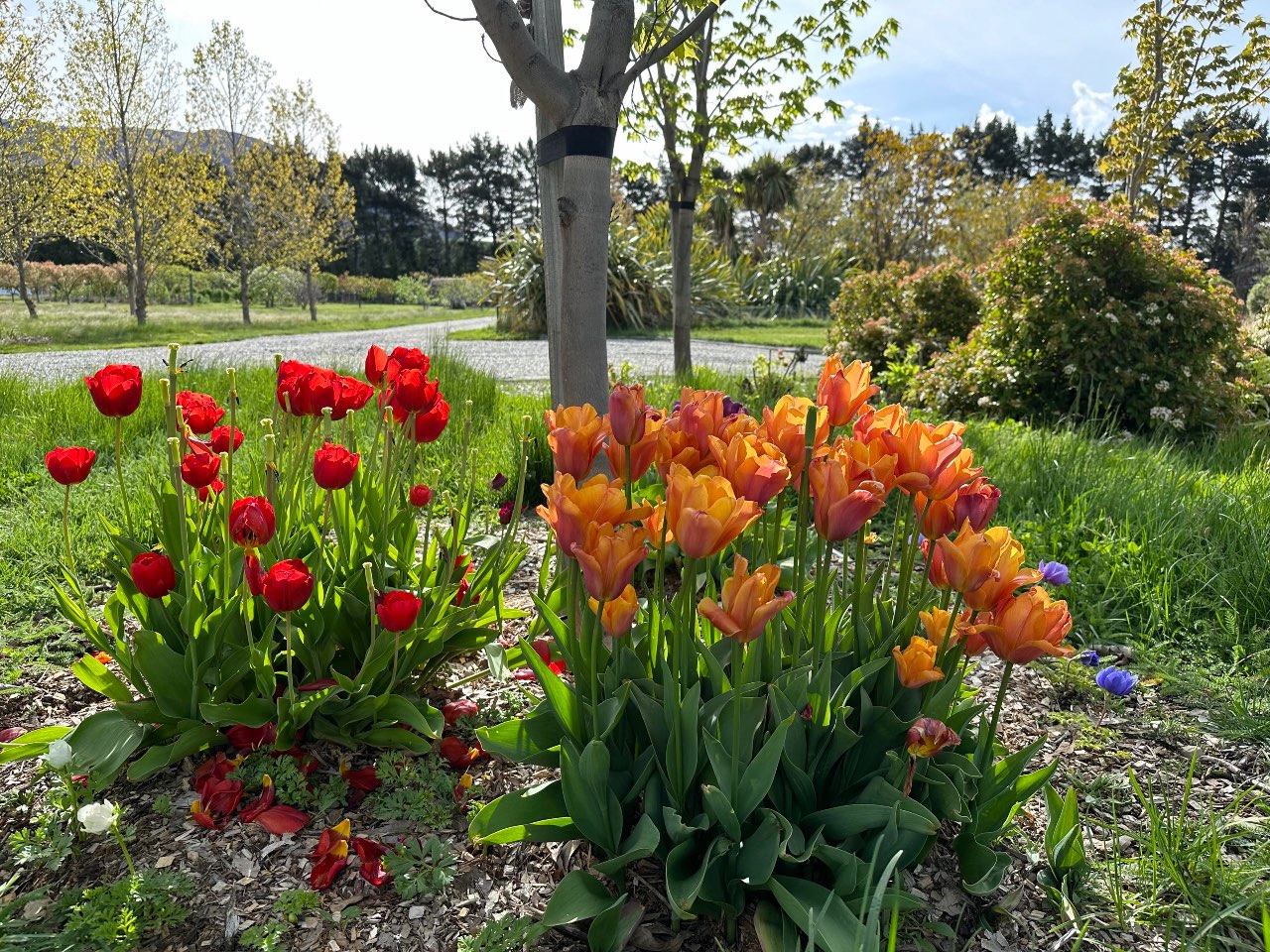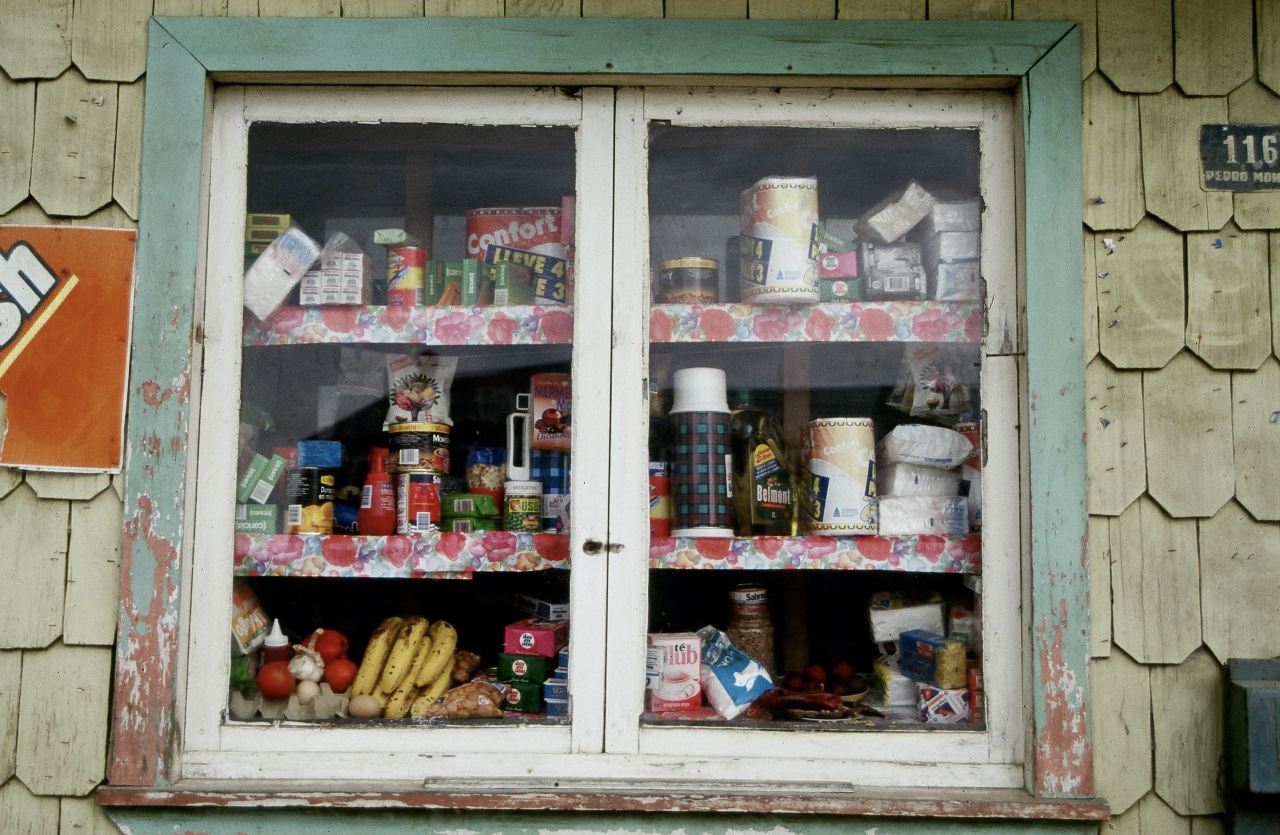I got back to Gibbston this week and the garden looked beautifully spring-y. Returning was literally a breath of fresh air and a feeling of space. However, as beautiful as it looks, there’s work to be done. The weeds have not waited for me to come back, they have grown at speed while I’ve been cycling. The chickens needed attention – food, water, separating the broody chicken who was giving me a beady eye from her squat on the eggs. And it’s time to plant vegetables if we want a summer harvest.
Often we hear our visitors saying, “I could live here.” We take it as a compliment but we also think most people would find they don’t want to live here, because to keep pa harakeke in its current state requires constant work – both hard in terms of time consuming and hard in terms of the type of labour. Related, we have been selling our house in Christchurch where many of the open homers have said how much they like the green of the garden surrounding the house and the privacy the large section and trees afford, while saying the garden would be too much work for them. “It’s both or nothing,” we think with frustration.
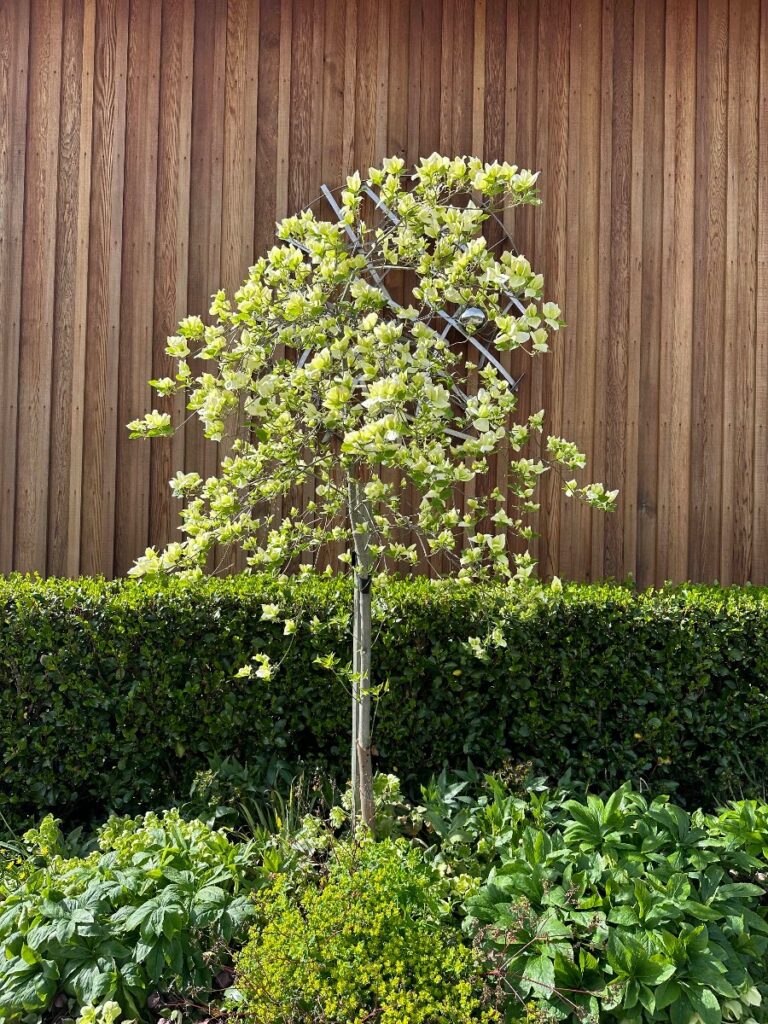
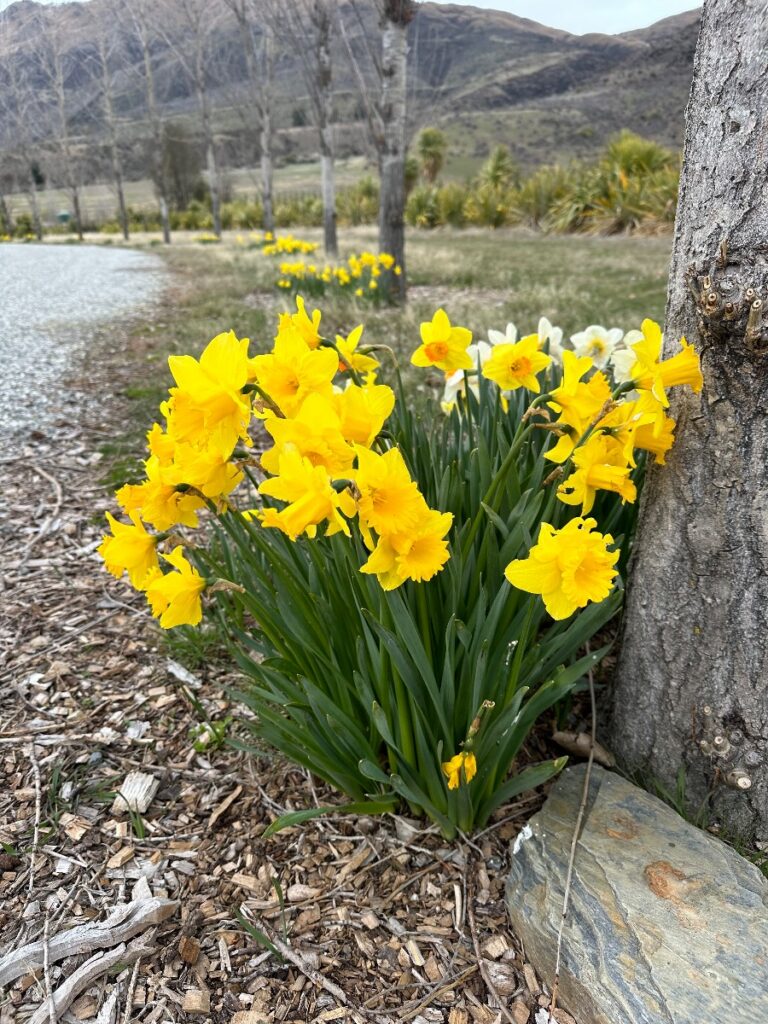
The ‘hard work’ problem is a tough nut. I shy away from talking about the need for ‘hard work’ because of the right wing argument that poor people need to work harder and the corollary that, if you are poor, it’s because you are lazy. There’s no doubt plenty of people work very hard indeed and don’t ‘do well’ for themselves, for many reasons, including when they are paid pitiful wages for working very long hours.
‘Hard work’ has a ‘puritanical’ taint. That’s because the Puritans embodied hard work into their religion. Puritanism was a religious movement in the late 1500s and 1600s seeking to ‘purify’ the Church of England of any remaining shreds of ‘popery’ after the religious settlement separating the Church of England from Catholicism. Puritans became noted for their spirit of moral and religious earnestness underpinning their way of life. They wanted the whole of England to follow their lead.
Puritans believed the ‘lowly’ workman had a noble vocation which he could fulfil through dedication to work, in the same way priests had a ‘calling’ from God. Puritans transformed the Catholic concept of ‘good works’ into an obligation to consistently work diligently as a sign of grace. There are many references to the values and attitudes of the Puritans affecting current society and some writers even ascribe the rise of capitalism to the values of the Puritans.
I’ve definitely been influenced by the concept of hard work as a sign of worthiness. We have a lot of chairs around our property, many of which we have made; I spend very little time sitting in them and not because they have snow on them. Simply sitting and looking at the garden we have created doesn’t sit well with the driving force in my brain that wants to maintain the garden and improve the garden.
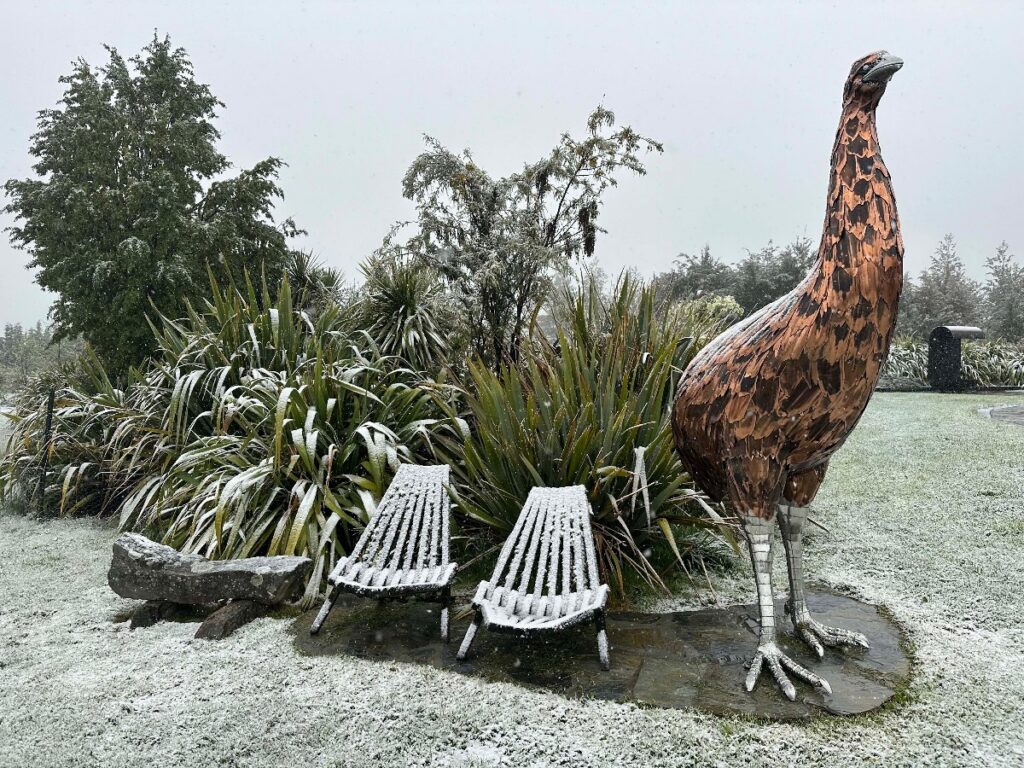
It’s a dilemma – without that driving force there would be no garden. There would be the paddock of brown-top we bought in 2013.

There’s a balance somewhere. Balance is always hard to find, whether you are trying to stretch your quad muscle to alleviate ilio-tibial band tightness while cycling, or balancing between ‘hard work’ and relaxation. Or a balance between governments demanding people work sufficiently hard to justify receiving benefits and people having the opportunity to benefit sufficiently from their own hard work. Balance…I’m working on it!


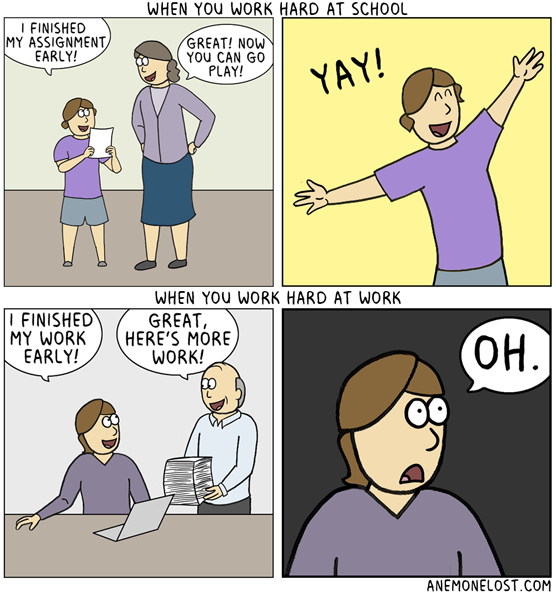
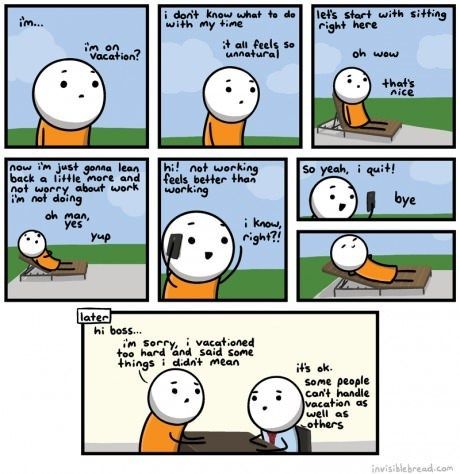
Discover more from Jane Shearer
Subscribe to get the latest posts sent to your email.

